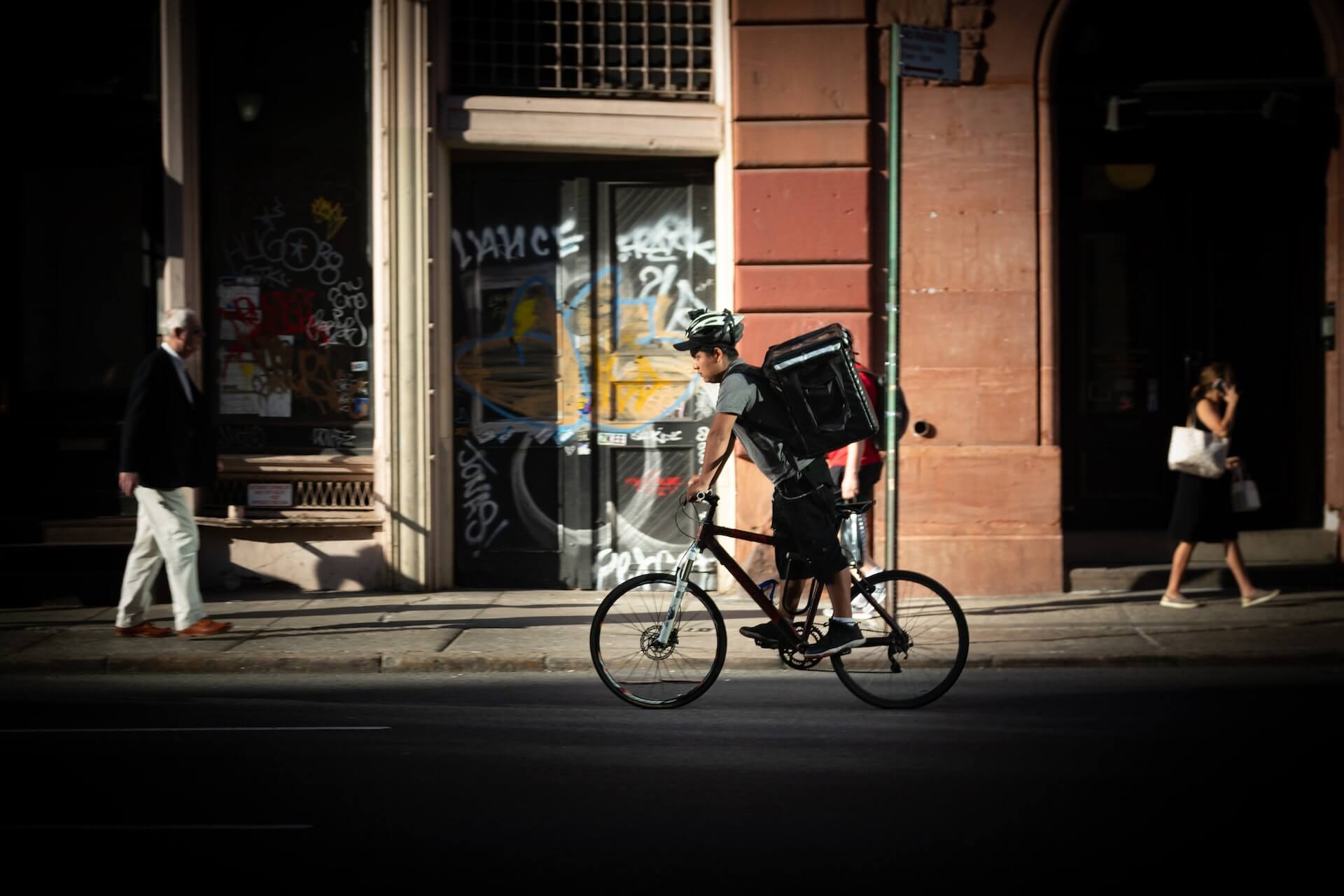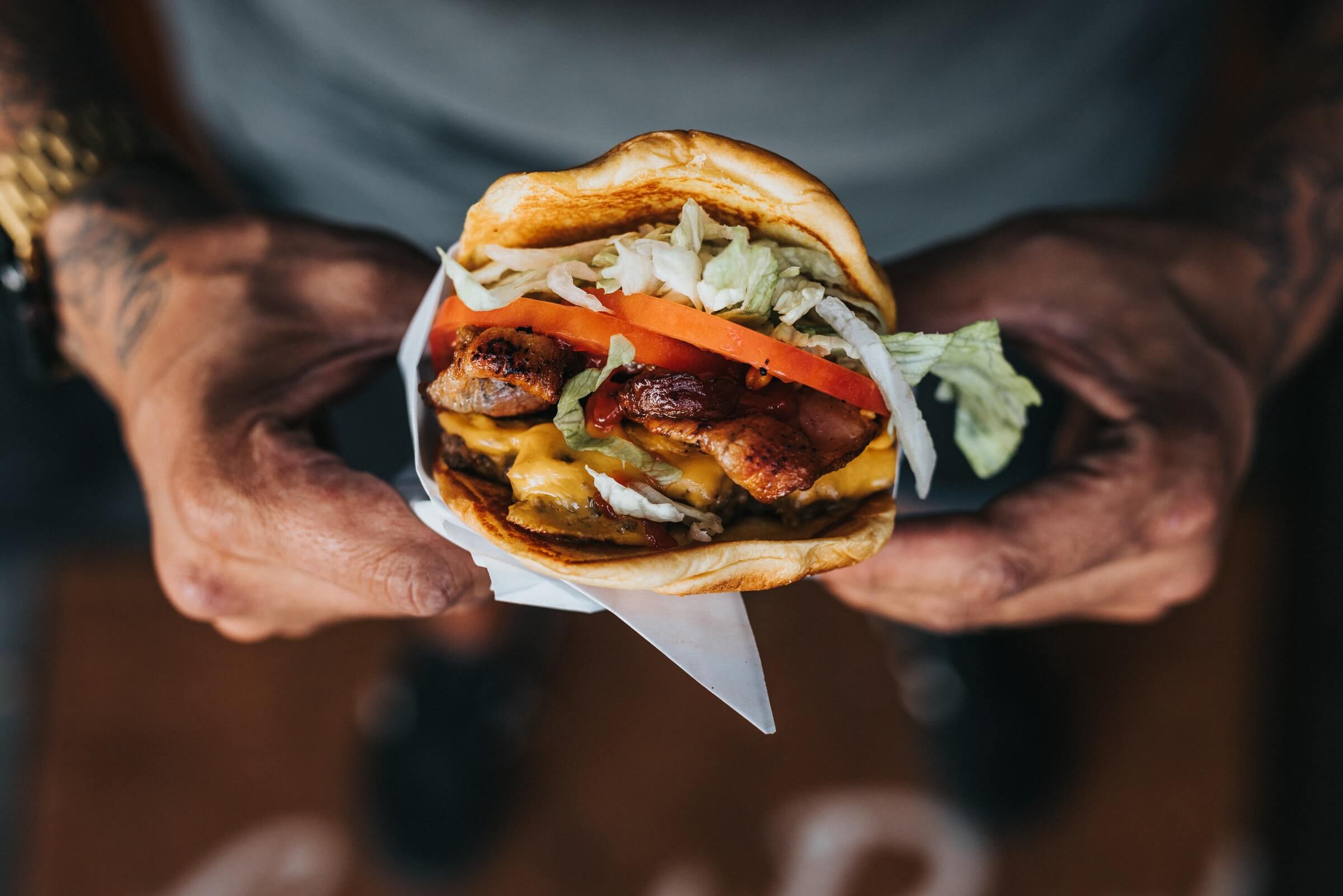$28.82 per Hour for NYC Delivery Workers?
by David Klemt

In response to the New York City Council’s proposal of $23.82 per hour for delivery workers, some “deliveristas” are asking for more.
Now, before we proceed, no, this isn’t a re-run of an article from last week. This isn’t a case of déjà vu—it’s the evolution of a news story that’s developing rapidly.
So, how much more do delivery workers in NYC want? Well, they’re after a significant bump over the council’s minimum hourly wage proposal.
Requesting that the NYC Council more accurately account for deliverista expenses, some delivery workers are asking for $28.82 per hour.
Early last week, a group consisting of Los Deliveristas Unidos and the Worker’s Justice Project members came together. They gathered at New York City Hall to make their stance on the NYC Council’s minimum wage proposal.
As the deliveristas see it, an increase from $23.82 to $28.82 more accurately reflects their operating expenses. The argument is compelling when one considers costs beyond fuel.
Asking for More
After all, not every delivery worker in NYC (and other markets) uses a car, truck or SUV to make deliveries. That should explain the use of the term “delivery worker,” not “delivery driver.” Some deliveristas ride motorcycles, mopeds, or bicycles. I’m willing to bet some even use scooters, rollerblades, or skateboards.
Using any mode of transportation as a delivery worker comes with requirements, both legal and practical. For example, deliveristas must maintain insurance, maintain their transportation, and purchase and maintain safety equipment.
And yes, that safety equipment is crucial. According to some reports, around a third of NYC those who deliver on two wheels have been injured on the job. Tragically, 33 delivery workers have been killed since 2020. In fact, NYC says delivery workers have the highest injury rate.
Another interesting development may seem semantic. However, when one takes time to truly consider the point it’s rather poignant.
In asking for the proposal of $23.82 to rise by $5 by 2025, are asking for a living wage. Not minimum wage, as the proposal frames the hike, but a living wage.
One worker, Antonio Solís, as quoted by The City, a non-profit NYC news publication, explained: “We are asking the city to make a $5 adjustment, to go that extra mile to ensure we get to a living wage.”
A Request, not a Rejection
It’s also important to note that NYC’s delivery workers aren’t rejecting the council’s minimum wage proposal. Rather, the request is that the council considers updating their proposal ahead of a December 16 public hearing on the matter.
So far, companies like DoorDash, Grubhub, and Uber Eats haven’t released much in the way of statements. However, there have been reports quoting a handful of representatives. In pushing back against the proposal, they’ve mentioned increased costs; reduced deliveries; and the possibility of “locking out” deliveristas if delivery demand is low at a given time.
Should legislation go into effect after the public hearing, it’s likely we’ll see lawsuits from the delivery companies.
Image: Patrick Connor Klopf on Unsplash

